Xiaoyan Zeng
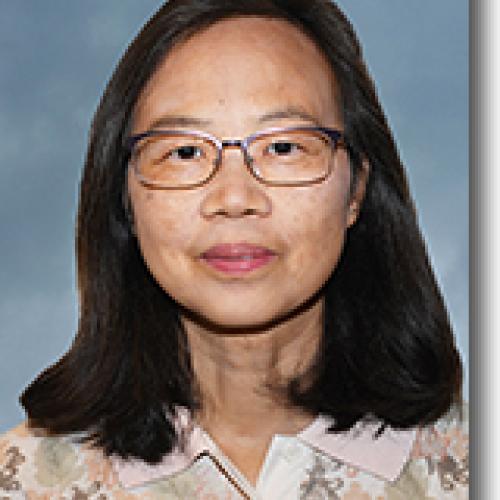

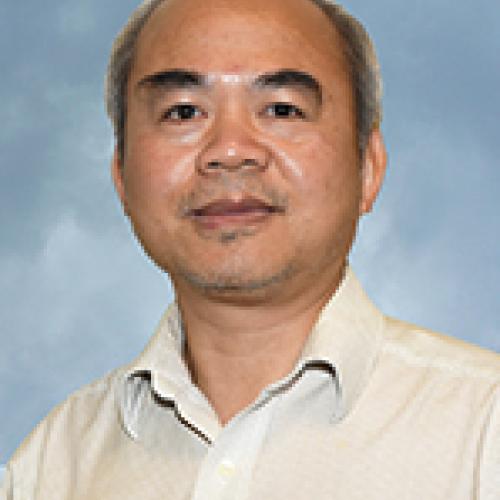
In May 2000, Dr. Yang earned his doctorate degree in environmental and resource engineering from the College of environmental science and forestry, State University of New York. He also held M.S. degree and B.Sc. degree in pulping and paper. He first joined IPST, the former of RBI at Georgia Tech, in 2000 as a post doctor fellow. Soon he was hired as research scientist I. In 2006, he was promoted to be research scientist II. In 2013, he was appointed to be the manager of pulping and bleaching lab. Beginning from 2016, Dr. Yang has been teaching Pulp & Bleaching Lab (ChBE4873). In 2019, he was assigned additional duty in managing chemical analysis lab. With strong educational background in wood chemistry, coupled with the acquired skills and experience in chemical analysis., Dr. Yang’s main area of interest was utilizations of natural resources, especially biomass, in a sustainable way. He also interested in the development of novel online detection and monitoring in chemical process, and providing technical services to the industries and research communities.


When Dr. Rosen arrived at Georgia Tech, he helped form the Systems Realization Laboratory, along with Drs. Janet Allen, Bert Bras, and Farrokh Mistree. In August 1995, Dr. Rosen was appointed the Academic Director of the Georgia Tech Rapid Prototyping and Manufacturing Institute (RPMI), where he has responsibility for developing educational and research programs in rapid prototyping. In 1998, he was appointed the Director of the RPMI. He began at Tech in Fall 1992 as an Assistant Professor.
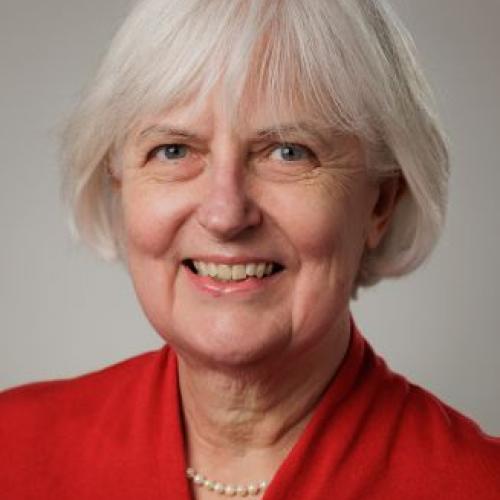
Elsa Reichmanis is Anderson Chair in Chemical Engineering in the Department of Chemical and Biomolecular Engineering at Lehigh University. Prior to joining Lehigh, she was Professor and Pete Silas Chair in Chemical Engineering in the School of Chemical and Biomolecular Engineering at the Georgia Institute of Technology. She started her independent career at Bell Labs where she was Bell Labs Fellow and Director of the Materials Research Department. She received her PhD and BS degrees in chemistry from Syracuse University. Her research interests include the chemistry, properties, and application of materials technologies for photonic and electronic applications. She has had impact in the design of new imaging chemistries for advanced lithographic applications, and designed one of the first readily accessible and manufacturable polymers for advanced silicon device manufacturing using 193 nm lithography.
The Reichmanis research group is currently exploring polymeric and hybrid organic/inorganic materials chemistries for a range of device and electronic and sustainable energy applications. Her research, at the interface of chemical engineering, chemistry, materials science, optics, and electronics, spans from fundamental concept to technology development and implementation, with particular focus on polymeric and nanostructured materials for advanced technologies. Currently, efforts aim to identify fundamental parameters that will enable sub-nanometer scale dimensional control of organic, polymer and/or hybrid materials for applications including transistor devices, photovoltaics, and high-capacity energy storage.
Reichmanis was elected to the National Academy of Engineering in 1995 and has participated in several National Research Council (NRC) activities. She was an elected member of the Bureau of the International Union for Pure and Applied Chemistry (IUPAC); and has been active in the American Chemical Society throughout her career, having served as 2003 President of the Society. Elsa Reichmanis is the recipient of several awards, including the ACS Award in the Chemistry of Materials (2018), the ACS Award in Applied Polymer Science (1999), the ASM Engineering Materials Achievement Award (1996), and the Society of Chemical Industry’s Perkin Medal (2001). In other service, she is an Executive Editor of the ACS Journal Chemistry of Materials.
The Reichmanis Group works at the interface of chemical engineering, chemistry, materials science, optics, and electronics spanning the range from fundamental concept to technology development and implementation. Research interests include the chemistry, properties and applications of materials technologies for electronic and photonic applications, with particular focus on polymeric and nanostructured materials for advanced technologies. in paper-based battery applications as well.
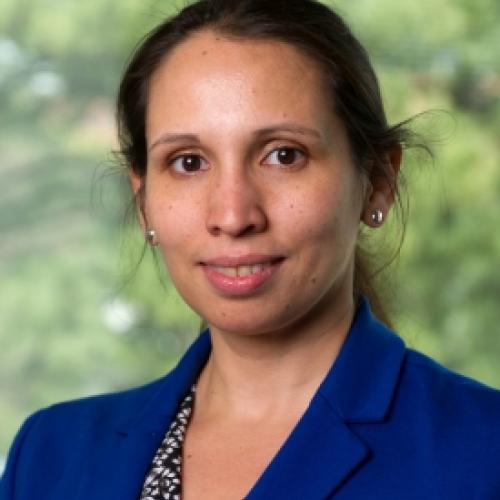
Dr. Peralta-Yahya has been part of Georgia Tech since 2012. Her diverse research group composed of chemists, biologists, and chemical engineers works in the area of engineering biology, drawing from principles of biochemistry and engineering to build systems for chemical detection and production. Specifically, her group focuses on the development of G protein-coupled receptors for biotechnology and biomedical applications, and the engineering of biological systems for the production of fuels and functionalized plant natural products. Early on, her work was recognized with several awards including a DARPA Young Faculty Award, a DuPont Young Professor Award, a Kavli Fellowship by the US Academy of Science, and an NIH MIRA award. Her group’s key accomplishments are 1) the standardization of GPCR-based sensors in yeast to reduce the cost and accelerate the pace of drug discovery for these receptors, which are the target of over 30% of FDA approved drugs, and 2) the development of advanced biofuels, including pinene, which, when dimerized, has sufficient energy content to power rockets and missiles. Today, her group is funded to work on these and other cutting edge areas – including how to power a rocket returning from Mars and how to make synthetic cells learn without evolution – by the National Institutes of Health, the National Science Foundation, the Department of Energy, and NASA.
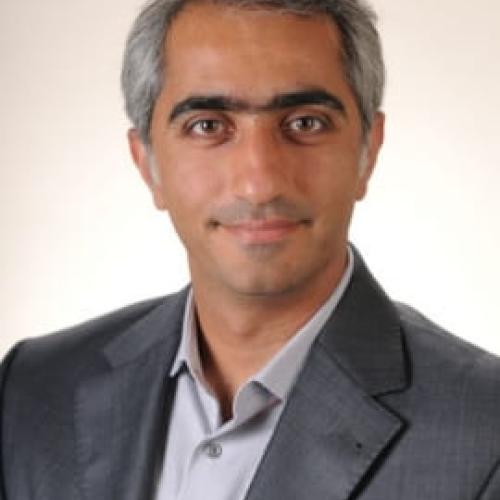
Kamran Paynabar is the Fouts Family Early Career Professor and Associate Professor in the H. Milton Stewart School of Industrial and Systems Engineering at Georgia Tech. He received his B.Sc. and M.Sc. in Industrial Engineering from Iran in 2002 and 2004, respectively, and his Ph.D. in Industrial and Operations Engineering from The University of Michigan in 2012. He also holds an M.A. in Statistics from The University of Michigan. His research interests comprise both applied and methodological aspects of machine-learning and statistical modeling integrated with engineering principles. He is a recipient of the INFORMS Data Mining Best Student Paper Award, the Best Application Paper Award from IIE Transactions, the Best QSR refereed paper from INFORMS, and the Best Paper Award from POMS. He has been recognized with the Georgia Tech campus level 2014 CETL/BP Junior Faculty Teaching Excellence Award and the Provost Teaching and Learning Fellowship. He served as the chair of QSR of INFORMS, and the president of QCRE of IISE.
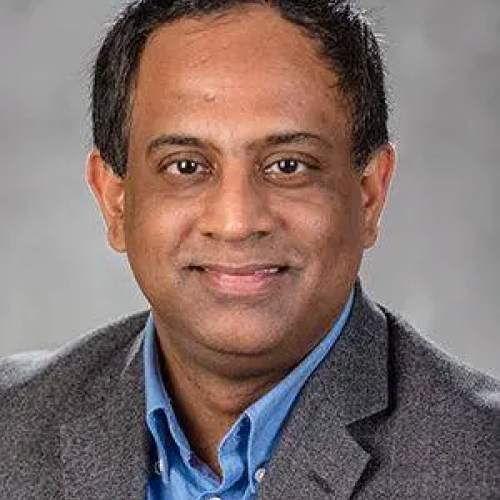
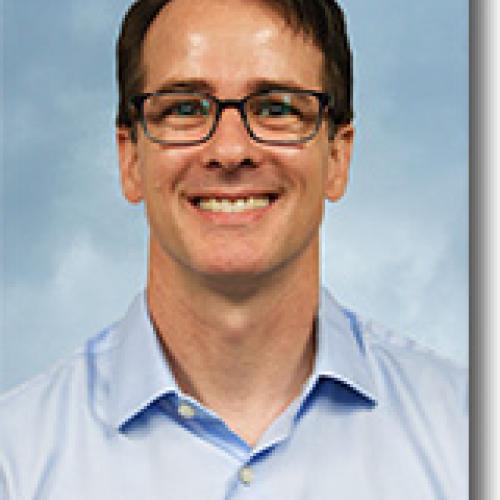
Dr. Muhlstein has worked as an engineering consultant at Exponent, Inc. (Failure Analysis Associates). In September, 2002 he joined the faculty in the Department of Materials Science and Engineering at The Pennsylvania State University and was tenured and promoted to associate professor in 2008.
Dr. Muhlstein’s research focuses on understanding the mechanisms of fracture and fatigue in bulk and thin film materials. Dr. Muhlstein is a member of Alpha Sigma Mu and Keramos honor societies and an NSF CAREER award recipient. In 2007 he was also named the Corning Research Faculty Fellow in Materials Science and Engineering at The Pennsylvania State University.
